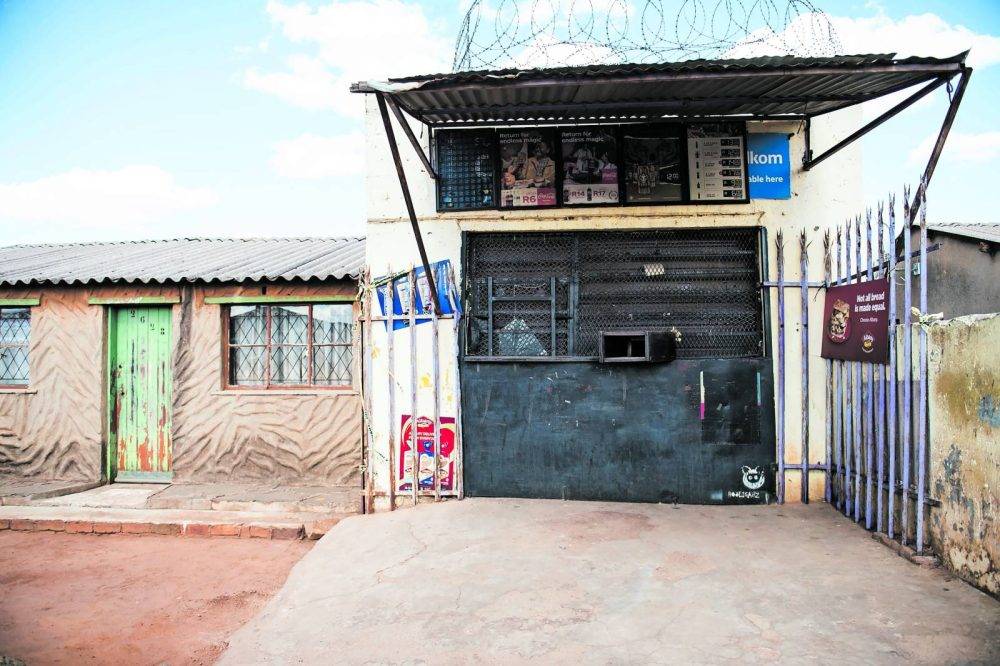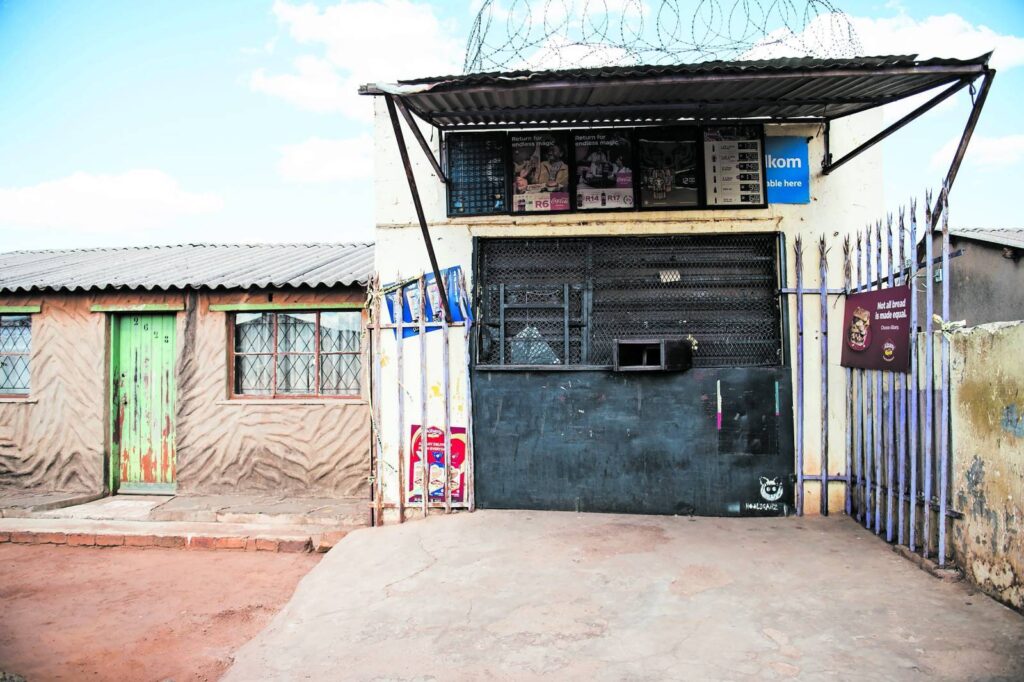
All spaza stores are now required to register with local authorities. However, this raises serious questions about the effectiveness of current quality control measures in protecting consumer safety. (Delwyn Verasamy/M&G)
Spaza store owners have until Tuesday, December 17th to register their businesses, rather than Friday the 13th, which many believed was the registration deadline.
President Cyril Ramaphosa announced on November 15 that all food handling establishments and spaza shops must register their businesses within 21 days, with December 17 being the deadline.
The directive comes amid numerous cases of food poisoning reported across the country, resulting in the deaths of more than 20 children.
“Given that City Hall is closed on weekends and public holidays, the 21-day tally began on Monday, November 18,” the Government Communications Information System (GCIS) said in a statement on Thursday.
He reiterated that businesses that miss the registration period will be shut down.
The Gauteng government announced this week that as of December 10, 13,616 spaza shops had been issued with registration forms. Of these, 1,916 forms were returned. Approximately 2,605 applications were submitted by non-South African spaza shop owners.
In addition, 541 Spaza stores were closed due to non-compliance. They had not registered with the Corporate Intellectual Property Commission, a legal requirement for companies operating in South Africa.
Other non-compliance issues include the lack of acceptance certificates and comments from the City of Johannesburg's environmental health department and failure to pay for operating licenses obtained from the municipality.
The Gauteng government said: “Businesses operating in unsafe premises or hazardous environments were also closed for breaching the law.”
In an announcement on November 15, President Ramaphosa ordered the immediate closure of a spaza outlet implicated in the deaths of six children in Naledi, Soweto province. The National Institute of Infectious Diseases found that their deaths were linked to a harmful pesticide called terbufos.
Mr Ramaphosa said the government's intervention was aimed at preventing food poisoning and getting pesticides off the streets. He added that multidisciplinary teams will also carry out door-to-door inspections of all spaza shops, tuck shops and other informal traders.
On Thursday, GCIS announced that these teams are identifying and shutting down non-compliant businesses and “seizing illegal and unsafe products that pose a risk to public health.”
It also conducts compliance checks and intelligence-driven operations targeting food warehouses, supermarkets and other food handling businesses.
These tests will continue beyond the 21-day period, the statement said.

